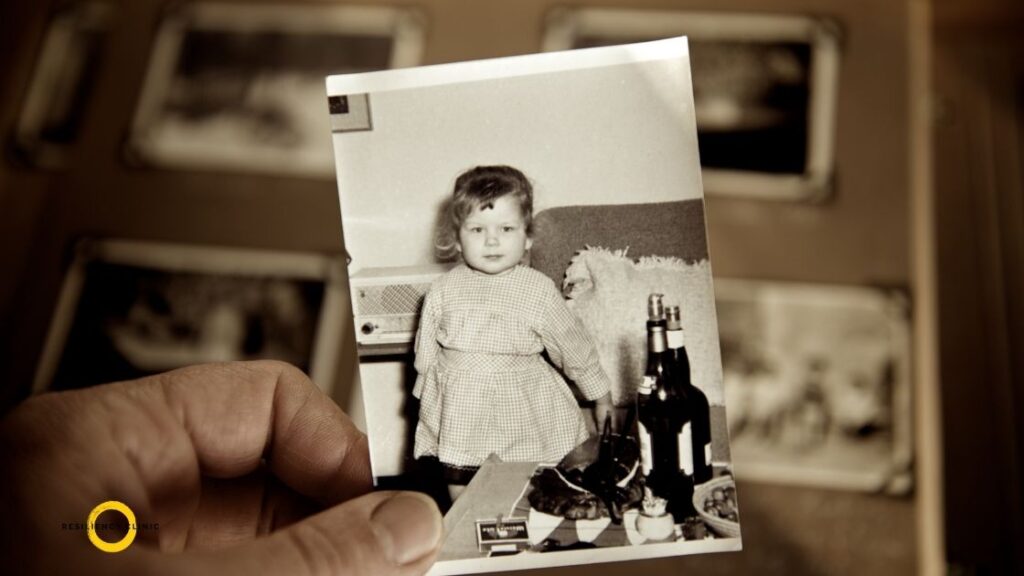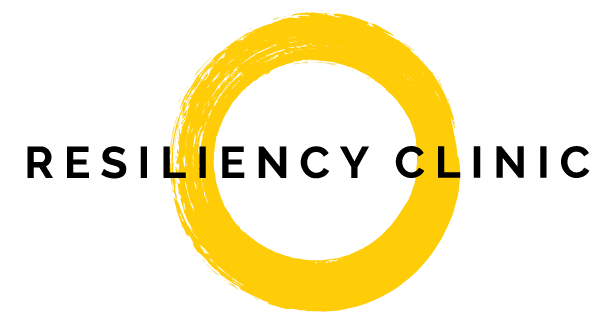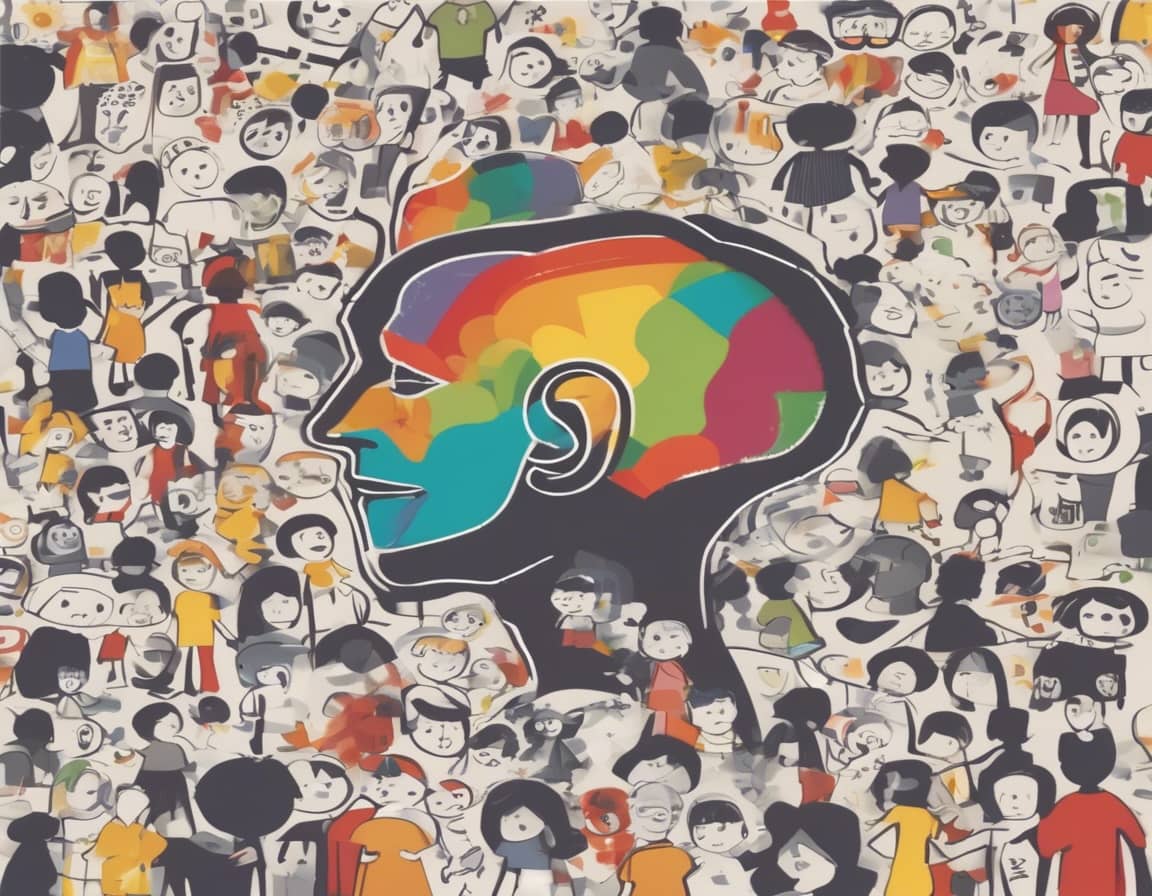The formative years of childhood play a pivotal role in shaping an individual’s mental health and well-being in adulthood. Adverse Childhood Experiences (ACEs), including various forms of physical, emotional, and sexual abuse, neglect, and household dysfunction, have profound and far-reaching impacts on mental health outcomes.
Research shows a strong correlation between the number and severity of ACEs and the development of mental health issues, such as depression, anxiety, post-traumatic stress disorder (PTSD), and other psychological disorders. This article explores how early life experiences influence adult mental health, the mechanisms underlying this relationship, and the potential for resilience despite challenging beginnings.
What are Adverse Childhood Experiences (ACEs)?
Adverse Childhood Experiences encompass a wide range of situations that can lead to trauma during childhood. According to the landmark ACE Study conducted by Felitti et al. in 1998, these experiences are categorized into three main domains:
- Abuse: This includes physical, emotional, and sexual abuse that a child might experience.
- Neglect: Children may face physical and emotional neglect, which significantly impairs their development.
- Household Dysfunction: Factors such as parental mental illness, substance abuse, domestic violence, or incarceration of a family member can create an unstable and unsafe environment for children.
Over the decades, extensive studies have illustrated that these adverse experiences can serve as significant risk factors for various mental health conditions later in life 12.

The Long-Term Effects of ACEs on Mental Health
The effects of childhood trauma on mental health are profound and often cumulative. Studies indicate that individuals suffering from four or more ACEs are at significantly higher risk for developing mental health issues compared to those with no ACEs. Specifically, the research highlights the following long-term outcomes:
- Increased Risk of Mood Disorders
Individuals with a history of ACEs are approximately 4.6 times more likely to experience major depressive disorders. This increase is linked to the lasting impact of trauma on brain function and emotional regulation 23. - Anxiety Disorders
The connection between childhood adverse experiences and anxiety disorders is well-documented. Early trauma can alter the body’s stress response system, leading to heightened anxiety and panic disorders in later life. Adults with adverse childhood experiences often report chronic anxiety and difficulty managing stress 3. - Post-Traumatic Stress Disorder (PTSD)
Children exposed to traumatic experiences are at risk of developing PTSD in adulthood. Symptoms can include re-experiencing the trauma, avoidance behaviours, and heightened emotional arousal. The cumulative effects of multiple ACEs can exacerbate these symptoms, leading to long-term difficulties in emotional regulation 45. - Substance Abuse
There is a strong correlation between ACEs and later substance use disorders. Individuals may turn to drugs or alcohol as a coping mechanism for unresolved trauma, with studies indicating that those with ACE histories are more likely to develop addiction issues 1. - Suicidal Behavior
Research suggests that individuals with a background of multiple ACEs are significantly more vulnerable to suicidal ideation and attempts. The pain and distress stemming from childhood trauma can result in feelings of hopelessness, leading to an increased risk of suicide 23.

Mechanisms Behind the Impact of ACEs
How early life experiences affect adult mental health can be attributed to multiple intertwining mechanisms:
- Biological Alterations: ACEs have been shown to affect brain structures and functioning, particularly areas involved in emotional regulation, such as the amygdala and prefrontal cortex. Changes in the hypothalamic-pituitary-adrenal (HPA) axis can lead to a heightened stress response, contributing to anxiety and depression later in life 13.
- Psychosocial Factors: Childhood adversity disrupts normal developmental processes, impairing attachment theories and social competencies. A lack of stable relationships during formative years can hinder the development of healthy coping strategies, leading to maladaptive behaviours in adulthood 4.
- Cultural and Socioeconomic Contexts: The environment in which a child is raised significantly influences the impact of ACEs. Socioeconomic factors and community resources determine the level of support available, which can either mitigate or exacerbate the long-term effects of childhood trauma 5.
Resilience and the Opportunities for Healing
Despite the negative impacts of ACEs, many individuals display remarkable resilience, demonstrating that it is possible to overcome early trauma. Resilience is influenced by several factors:
- Supportive Relationships: Positive interactions with adults outside of the immediate family can provide crucial emotional support for children facing adversity. Building secure attachments with caregivers can foster a sense of safety and stability. Exploring Understanding Mental Health Dynamics can offer insight into how these attachments function.
- Therapeutic Interventions: Engaging in therapy, such as cognitive-behavioral therapy (CBT) or trauma-focused therapy, can aid individuals in coping with the effects of childhood trauma. Therapeutic settings provide tools for processing experiences, enhancing emotional regulation, and developing healthier coping strategies. Programs focusing on Building Resilience: Strategies for Families can further assist families in this journey 4.
- Positive Experiences: Participation in supportive programs, extracurricular activities, and community involvement can create opportunities for children to experience success and affirmation, helping to counterbalance the effects of trauma. Understanding the psychological frameworks through The Psychology of Trauma: Insights and Approaches can enhance comprehension of trauma’s long-term effects and healing avenues.
- Education and Awareness: Increasing awareness about the effects of childhood experiences can lead communities to adopt preventive strategies that support at-risk children, ultimately mitigating the long-term impacts of ACEs 5.
Conclusion: Childhood Experiences on Adult Mental Health
The impact of childhood experiences on adult mental health cannot be overstated. Understanding the long-term effects of ACEs is crucial for developing effective interventions that promote resilience and healing. By fostering supportive environments, providing access to mental health resources, and nurturing positive relationships, we can help break the cycle of trauma and improve mental health outcomes for future generations. Moreover, it is essential to recognize the role of education in addressing the ramifications of adverse childhood experiences (ACEs). Schools serve as critical environments where children spend a significant amount of time and can be instrumental in identifying those at risk. Educators trained to understand the signs of trauma can create more accommodating learning environments that promote emotional safety and academic success.
Incorporating social-emotional learning (SEL) into curricula not only equips children with vital coping mechanisms but also nurtures empathy and connection among peers. These skills are invaluable as they lay a solid foundation for healthier adult relationships. Furthermore, engaging parents and caregivers in these initiatives amplifies the impact, as they are often the first line of defence in supporting their children’s mental well-being.
Community involvement also plays a pivotal role. Local organizations and healthcare providers must collaborate to offer workshops, support groups, and resource centers dedicated to trauma-informed care. By making these resources accessible, we empower families to seek help, fostering a culture that values mental health and encourages open dialogue about emotions and experiences.
Ultimately, prevention remains the cornerstone of breaking the cycle of trauma. Public awareness campaigns aimed at educating communities about the effects of ACEs can destigmatize mental health issues, encouraging individuals to seek help before crises arise. Supporting parents is another key factor in prevention. As we strive toward a more compassionate society, let us remain vigilant in our efforts to support those affected by their past, ensuring that every child has the opportunity to thrive and flourish, free from the burdens of unresolved trauma. Together, we can weave a resilient fabric of community that nurtures growth, healing, and hope for generations to come.

Frequently Asked Questions (FAQ)
- What are Adverse Childhood Experiences (ACEs)?
Adverse Childhood Experiences (ACEs) refer to traumatic events occurring before the age of 18, including abuse, neglect, and household dysfunction. - How do ACEs affect mental health in adulthood?
ACEs are associated with a higher risk of developing mental health disorders such as anxiety, depression, and PTSD in adulthood due to changes in brain function and emotional regulation. - Can childhood trauma lead to substance abuse?
Yes, individuals with a history of ACEs are at a greater risk for developing substance use disorders as they may use substances as a coping mechanism for their trauma. - What is the role of resilience in overcoming childhood trauma?
Resilience, fostered through supportive relationships and positive experiences, can help individuals overcome the adverse effects of childhood trauma. - Are there effective treatments for those affected by ACEs?
Therapeutic interventions, including cognitive-behavioral therapy and trauma-focused therapy, are effective in helping individuals process their experiences and develop coping strategies. - How can communities support children facing adversity?
Communities can provide resources, create supportive programs, and foster secure attachment figures to help mitigate the long-term effects of ACEs.
Citations
- Felitti, V.J., et al. (1998). Relationship of childhood abuse and household dysfunction to many of the leading causes of death in adults. American Journal of Preventive Medicine, 14(4), 245-258.
- Dube, S.R., et al. (2001). Long-term consequences of childhood sexual abuse by gender of the victim. American Journal of Preventive Medicine, 20(5), 1-6.
- The National Institute of Mental Health (NIMH). (2022). Understanding childhood trauma.
- Pineda, C., et al. (2012). Posttraumatic stress disorder and adult disease risk: The roles of genetic and behavioral factors. PTSD Research Quarterly, 23(4), 1-10.
- The Centers for Disease Control and Prevention (CDC). (2020). Adverse childhood experiences (ACEs): Key findings.






